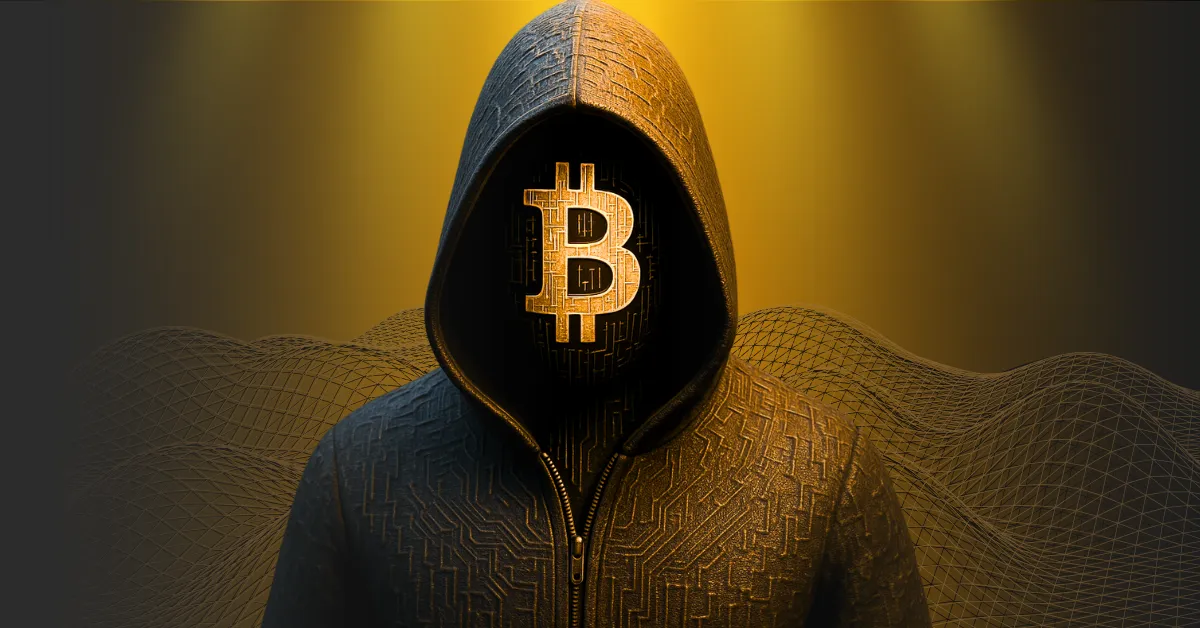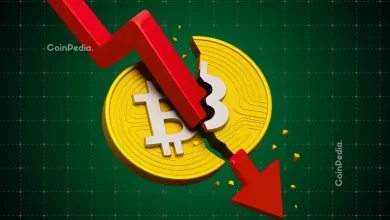Samourai Wallet Developer Sentenced to 5 Years and Fined $250k; Can He Appeal After Clarity Act?

Keonne Rodriguez pleaded guilty to operating an unlicensed money-transmitting business in July 2025.
The Samourai Wallet developer was sentenced to five years imprisonment and a supervised release of 3 years.
The expected Clarity Act has clauses to protect open-source web3 developers.
Keonne Rodriguez, a 37-year-old developer of the Samourai Wallet, has been sentenced to five years in prison. Rodriguez was also fined $250,000 and is expected to forfeit $237 million tied to illegal activities as part of the plea deal.
Notably, he pleaded guilty in July 2025 to a conspiracy count for operating an unlicensed money-transmitting business through the Samourai Wallet. The prosecutor, however, dropped the money laundering charges as part of the plea deal.
Furthermore, the Samourai Wallet allowed users to obscure Bitcoin transactions through mixing in a similar scheme to Tornado Cash. The judge also imposed a 3-year supervised release for the Samourai Wallet co-founder after serving his time.
What Next for the Samourai Wallet Co-founder after the Clarity Act
Rodriguez’s case was complicated after he pleaded guilty earlier this year. With the sentence issued by the Judge, a potential legislative relief may be void in a potential appeal case.
Notably, the Clarity Act, which seeks to give the wider crypto market clarity, has a clause that guides open-source web3 development. If the Clarity Act is passed with its current provisions, web3 developers cannot be held liable solely for publishing open-source code, running blockchain nodes, and providing self-custodial software.
However, the ongoing U.S. government shutdown has pushed further the timelines for the Clarity Act. As such, Rodriguez may not be eligible for legislative relief, especially since his charge dated back in 2015 violated existing laws.
Nevertheless, Rodriguez could seek an appeal to push for a sentence reduction, which is independent of legislative relief. Moreover, his lawyers suggested a sentence of 1 year and 1 day in prison.
Trust with CoinPedia:
CoinPedia has been delivering accurate and timely cryptocurrency and blockchain updates since 2017. All content is created by our expert panel of analysts and journalists, following strict Editorial Guidelines based on E-E-A-T (Experience, Expertise, Authoritativeness, Trustworthiness). Every article is fact-checked against reputable sources to ensure accuracy, transparency, and reliability. Our review policy guarantees unbiased evaluations when recommending exchanges, platforms, or tools. We strive to provide timely updates about everything crypto & blockchain, right from startups to industry majors.
Investment Disclaimer:
All opinions and insights shared represent the author's own views on current market conditions. Please do your own research before making investment decisions. Neither the writer nor the publication assumes responsibility for your financial choices.
Sponsored and Advertisements:
Sponsored content and affiliate links may appear on our site. Advertisements are marked clearly, and our editorial content remains entirely independent from our ad partners.






